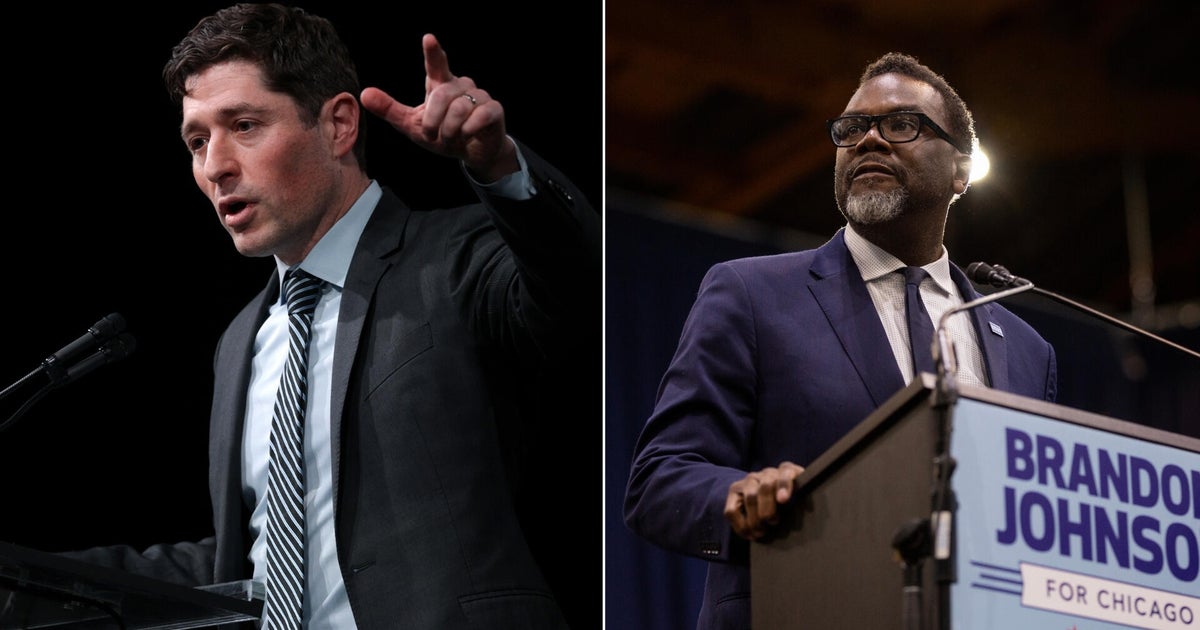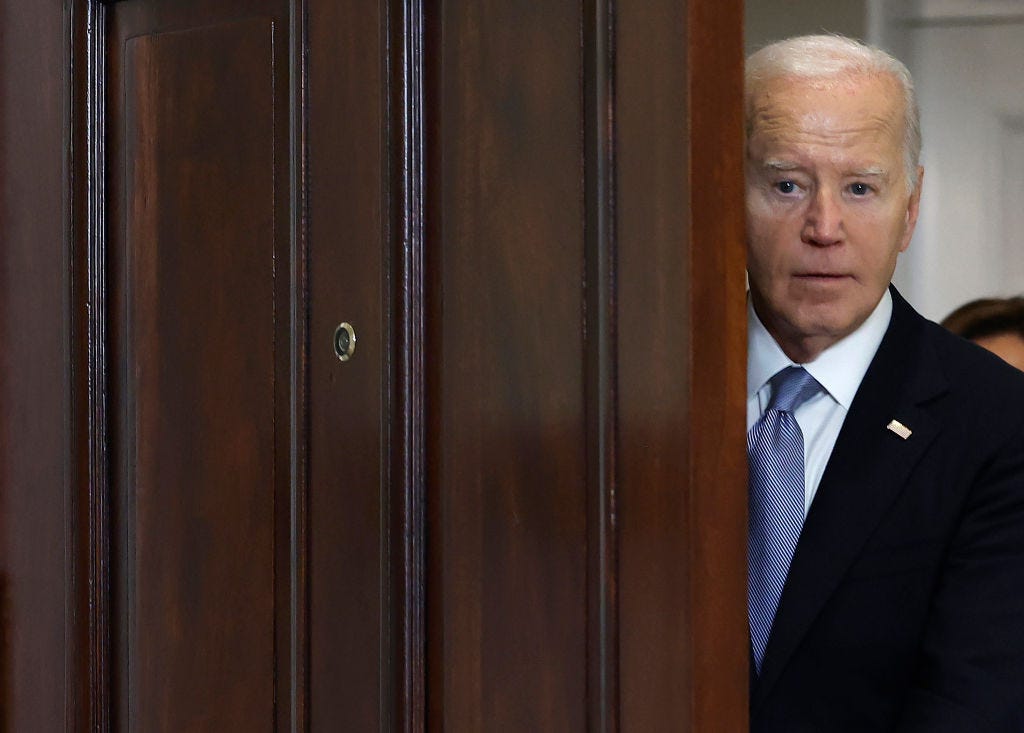Biden unveils $1.9 trillion COVID relief bill
President-elect Joe Biden unveiled his $1.9 trillion dollar coronavirus economic relief plan on Thursday evening. The expensive legislation contains three major targets: $400 billion for arresting the spread of COVID-19 and increasing vaccine capabilities; over $1 trillion to assist families needing direct financial support; and $440 billion in emergency funds for cash-poor small businesses and communities.
"I believe we have a moral obligation," Mr. Biden said in a speech on Thursday night from Wilmington, Delaware. "In this pandemic in America, we cannot let people go hungry, we cannot let people get evicted, we cannot watch nurses, educators and others lose their jobs, we so badly need them. We must act now, and we must act decisively."
Mr. Biden in his "American Rescue" plan, calls for an additional $1,400 in stimulus checks for Americans, on top of the $600 that's already been approved, bringing the total stimulus to $2,000. Other financial aid includes expanding unemployment insurance by $100, bringing the weekly total to $400, and increasing the child tax credit to $3,000 per child.
"This gets money quickly into the pockets of millions of Americans who will spend it immediately on food and rent and other basic needs, as economists tell us that helps the whole economy grow," Mr. Biden said in the speech.
The president-elect also wants to implement emergency paid sick, family, and medical leave, stabilize childcare centers with $25 billion in emergency funding, and forestall COVID-related evictions.
His proposed legislation also would also initiate his push for a $15 national minimum wage and for ending the tipped minimum wage.
Mr. Biden on Thursday also laid the foundation on how his administration will change the vaccine distribution process. "The vaccine rollout in the United States has been a dismal failure so far," Mr. Biden said.
Mr. Biden is proposing $400 billion dollars to boost vaccine infrastructure, with a specific focus on increasing the number of community vaccine distribution locations. An incoming senior Biden administration official reiterated confidence that the goal of providing 100 million vaccine shots in the first 100 days would be met.
The incoming official said the number is not dependent on an additional vaccine becoming available, like the single-dose Johnson & Johnson vaccine that is awaiting the Food and Drug Administration's authorization. Under the plan, the vaccine will be free and available to everyone, regardless of immigration status.
Mr. Biden said he will detail specific vaccination procedure changes on Friday.
COVID-19 testing would also be expanded, with an additional $50 billion. A 100,000-strong public health jobs corps would help spread factual information about the vaccine and to contact-trace COVID cases.
Mr. Biden's coronavirus package proposes $170 billion for updates to K-12 schools to ready them for in-class instruction again. Funds could be used to reduce class size, modify space, improve ventilation or provide additional funding for summer school to make up for lost time.
Higher-education institutions, including public colleges, HBCUs and other Minority Serving Institutions, could receive $35 billion in assistance. Biden's plan details that "millions" of students could receive an additional $1,700 in financial assistance with this money.
Mr. Biden's proposal to eliminate $10,000 of student loan debt is not included in this plan, but an incoming senior Biden official said during a press briefing that he still supports this idea and reiterated the Biden administration's plan to continue the "pause" on student loan payments.
Finally, to assist struggling businesses, Mr. Biden is asking for $15 billion dollars to go directly to 1 million small businesses. He also wants to increase loans to businesses in need. Community transportation, tribal communities, and technology investments are also included in the bill.
This is the first of two bills Mr. Biden plans to address COVID-19. Mr. Biden said Thursday evening he will introduce his "recovery" bill in February at a joint session of Congress.
How will Biden convince Congress to pass this bill?
CBS News reported on Wednesday the Biden White House has already begun trying to line up bipartisan support for the COVID-relief package, which could mean significant changes to the legislation in order to attract more Republican support. This goal was also communicated to the congressional aides on Tuesday.
Mr. Biden proactively addressed critics who not share his optimism of striking a bipartisan deal, saying "unity is not some pie-in-the-sky dream, it's a practical step to getting the things we have to get done as a country, get done together."
If Mr. Biden cannot reach a deal with Senate Republicans, this package could still pass under reconciliation, a process sometimes used for spending measures. Under this approach, the bill would require only a simple majority to pass and would not be subject to being blocked by a filibuster. Most Senate bills require 60 votes to overcome a filibuster. This option would be used pass the Biden team's framework with only Democratic votes. Once the Georgia Senate election results are certified, there will be a 50-50 split between Democrats and Republicans in the Senate, and Vice President-elect Kamala Harris would break any ties. With Harris as the 51st vote, Democrats will control the Senate.
This legislation is likely to face intense lobbying from congressional members and special interests, which could affect the final price tag.



